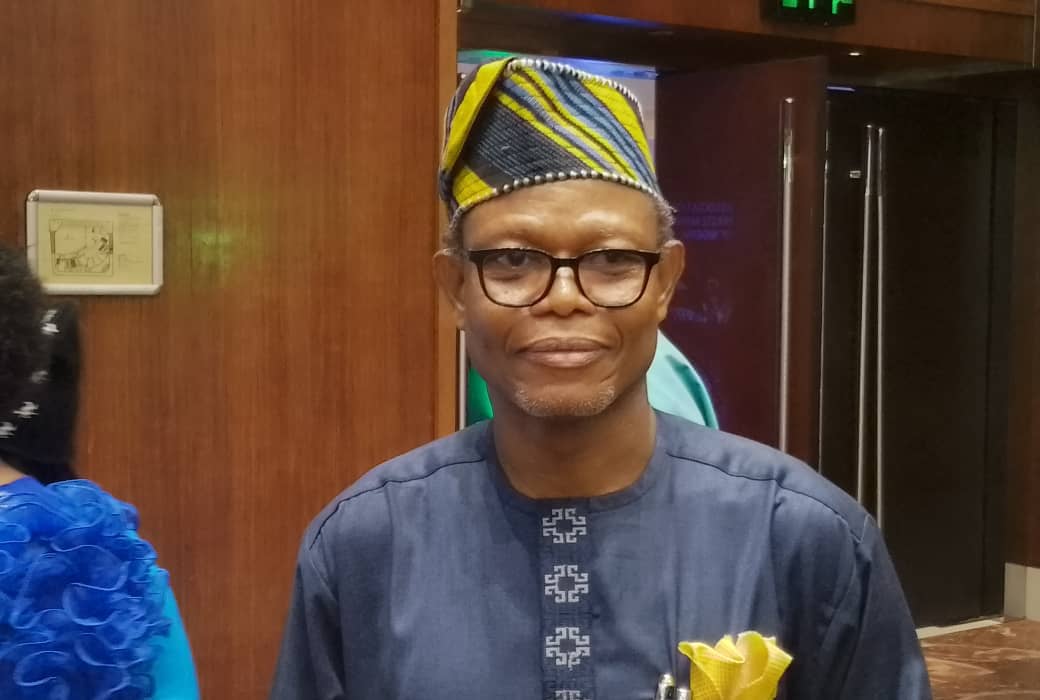
The Association of Waste Managers of Nigeria (AWAMN) has urged the government to create an enabling environment to facilitate efficient and effective waste management across the state.
AWAMN President, Mr. Olugbenga Adebola, made this appeal during an interview with the News Agency of Nigeria (NAN) on Monday in Lagos. He emphasized that achieving a sustainable waste management system requires collaboration between the government and Private Sector Participants (PSPs).
Collaboration to Address Challenges
Adebola stressed the need for both parties to engage in dialogue to resolve challenges within the waste management value chain. He expressed gratitude to the Lagos State Government (LASG) and the Lagos Waste Management Authority (LAWMA) for their commitment to providing compactor trucks to PSPs through a lease-to-own model.
“We appreciate the LASG and the Managing Director of LAWMA for their decision to procure compactor trucks on a lease-to-own basis for PSP operators. This is a commendable gesture,” Adebola said.
However, he pointed out that while this initiative is beneficial, it only addresses about 10 to 15 percent of the challenges in the sector. “Efficient waste management in Lagos State goes beyond acquiring trucks. There are other critical issues that need attention.”
Addressing Long-Standing Concerns
Adebola revealed that in October 2023, AWAMN sent a comprehensive letter to the government highlighting the challenges affecting waste management in the state. A follow-up letter was sent in October/November 2024 to remind the government that the issues remained unresolved.
“We outlined the challenges and suggested solutions. If these issues are addressed, significant progress can be made,” he said.
Concerns Over Truck Procurement
Adebola raised concerns about the new lease-to-own truck initiative, questioning the specifications and suitability of the trucks for Nigeria’s conditions.
“We do not know the make or specifications of these trucks. When LAWMA previously acquired Sino trucks, we collaborated with the manufacturers to customize them based on our fuel quality and operational needs,” he explained. “We designed them with specific engine types, lower beds, and additional space for attendants to prevent unsafe riding practices.”
He emphasized the need for AWAMN to be involved in the procurement process, given that operators will be responsible for repaying the cost of the trucks. “If we are paying for them, we should have input in their selection to ensure they meet our needs and are durable.”
Sustainability and Financial Viability
Adebola also questioned the financial sustainability of the initiative. “Are these trucks running on diesel or compressed natural gas (CNG)? What chassis are they built on? Without this information, we are left guessing.”
He stressed that simply acquiring trucks does not resolve the core issues in waste management. “If PSPs are expected to lease these trucks, what mechanisms are in place for cost recovery? Without proper financial planning, this could turn into bad debt. Given the current charges in Lagos, many operators struggle to break even.”
Need for a Structured Financial Framework
Adebola called for a well-defined financial framework, starting with clear agreements between the government and PSPs. “If I am investing significant capital, I need to know how long it will take to recoup my investment with a reasonable profit to repay the loan.”
He pointed to past government policies, such as the Vision Scape Services (VSS) arrangement under the Ambode administration, where the government directly funded waste management. “When VSS handled waste management, the government paid them. That financial security allowed them to operate efficiently.”
Currently, many PSP operators struggle with bank loans at interest rates between 27 to 33 percent, making repayment difficult. “Such high-interest loans are unsustainable for waste management operations. What we need is green funding, including grants and low-interest, long-term loans.”
READ ALSO: Africa Loses 178,000 Mothers, 1 Million Children to Maternal Mortality Annually – WHO Raises Alarm
LABOUR PARTY NEC MEETING: REAFFIRMING LEADERSHIP, CONSTITUTIONAL INTEGRITY
He cited international examples where waste management businesses access loans at interest rates as low as 3-5 percent with repayment terms of over 20 years. “In Nigeria, such funding is unavailable through commercial banks.”
Call for Special Funding
Adebola concluded by emphasizing that waste managers provide essential services and should receive special financial support from the state or federal government. “To achieve a sustainable waste management system, we need targeted funding mechanisms that recognize waste management as a critical public service.”



